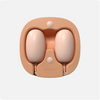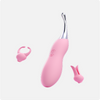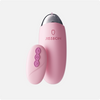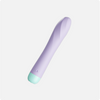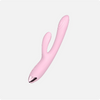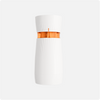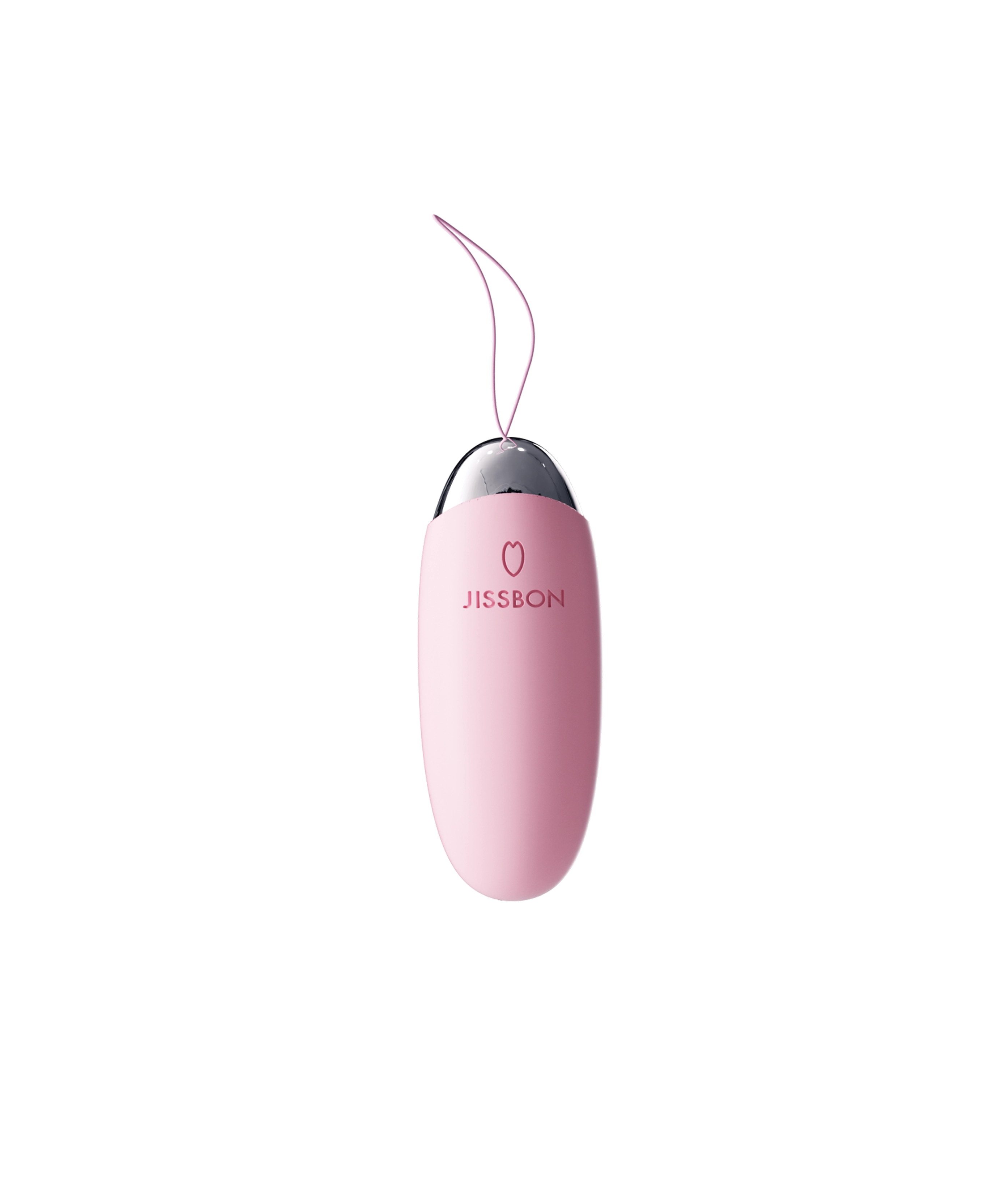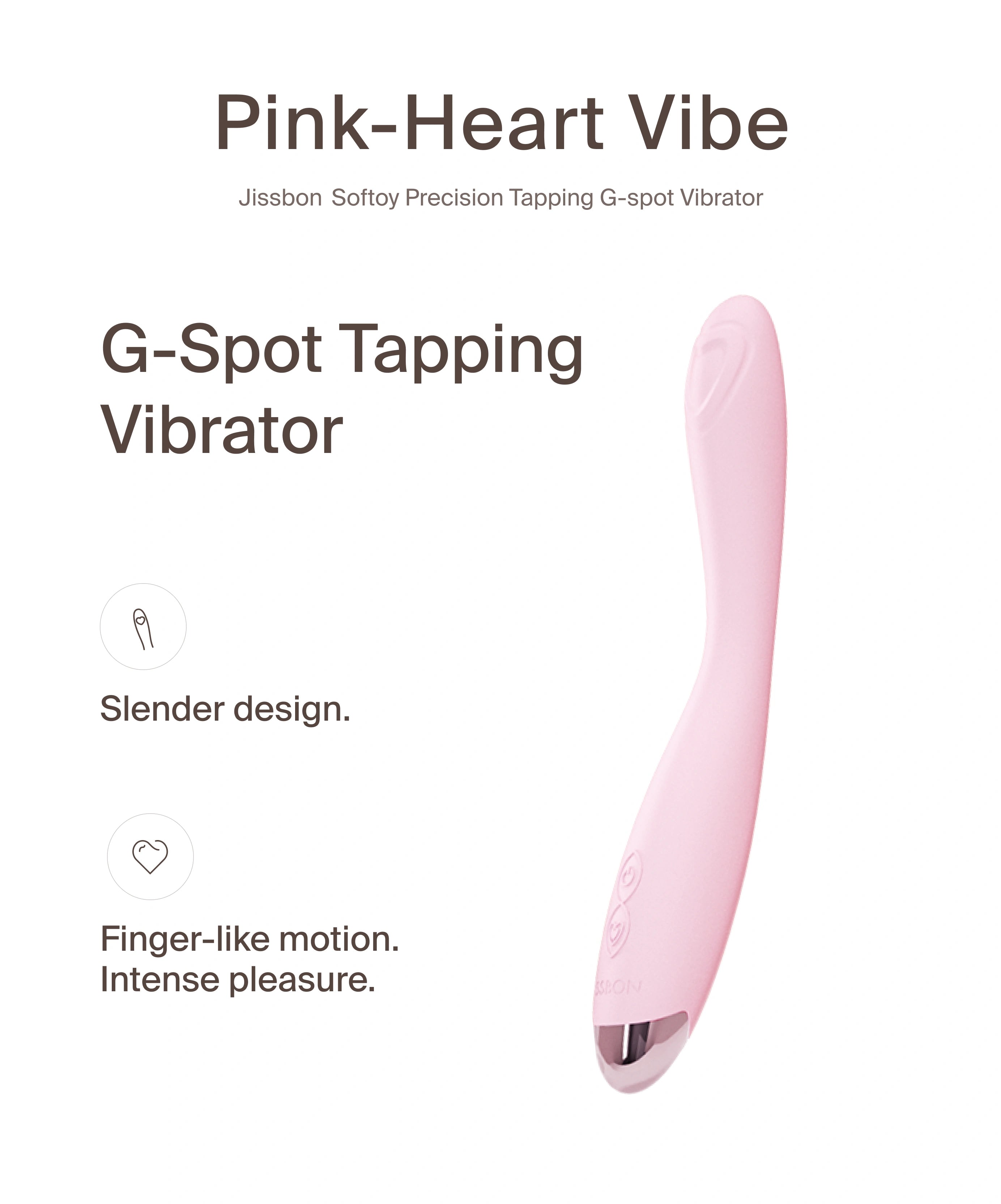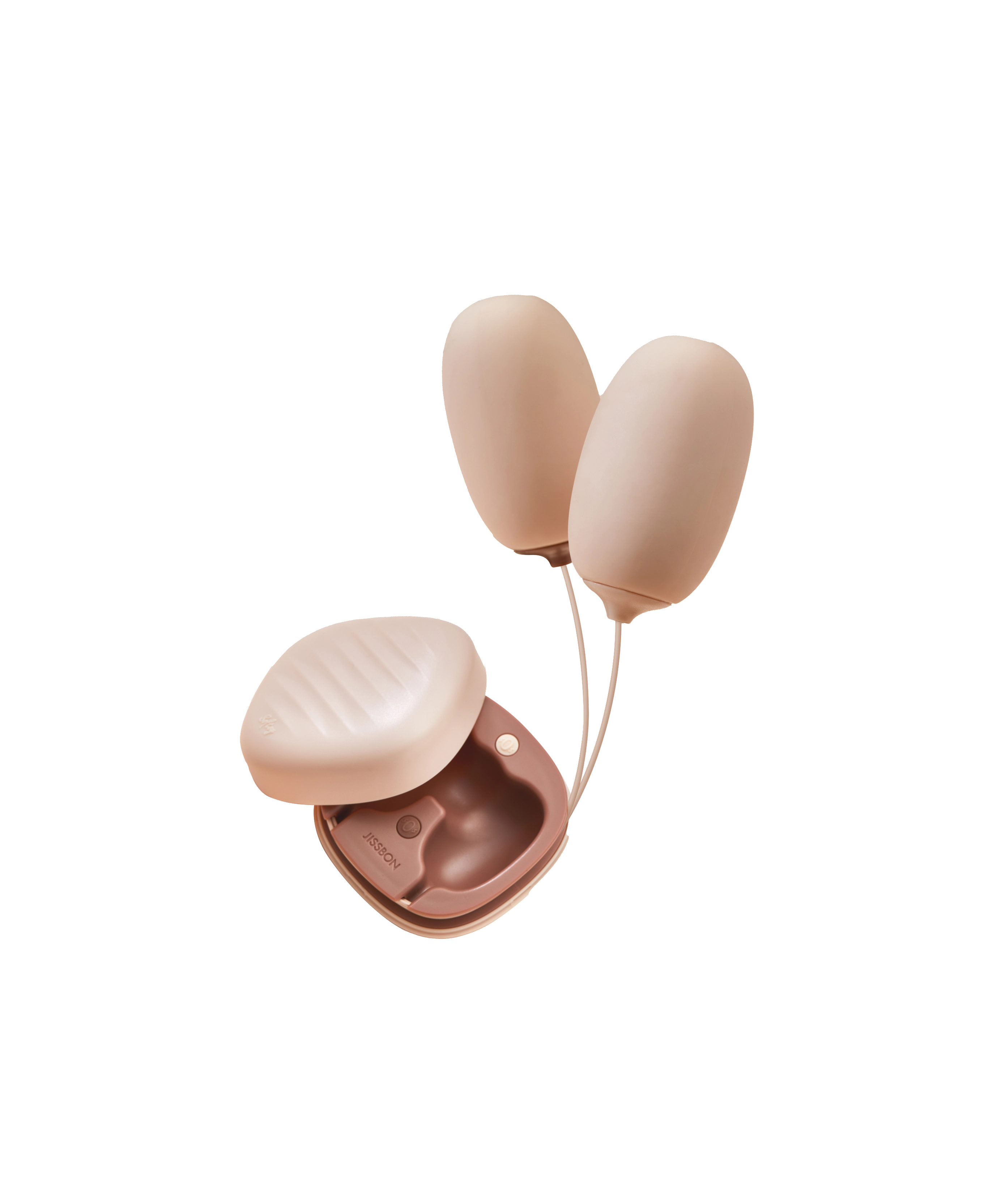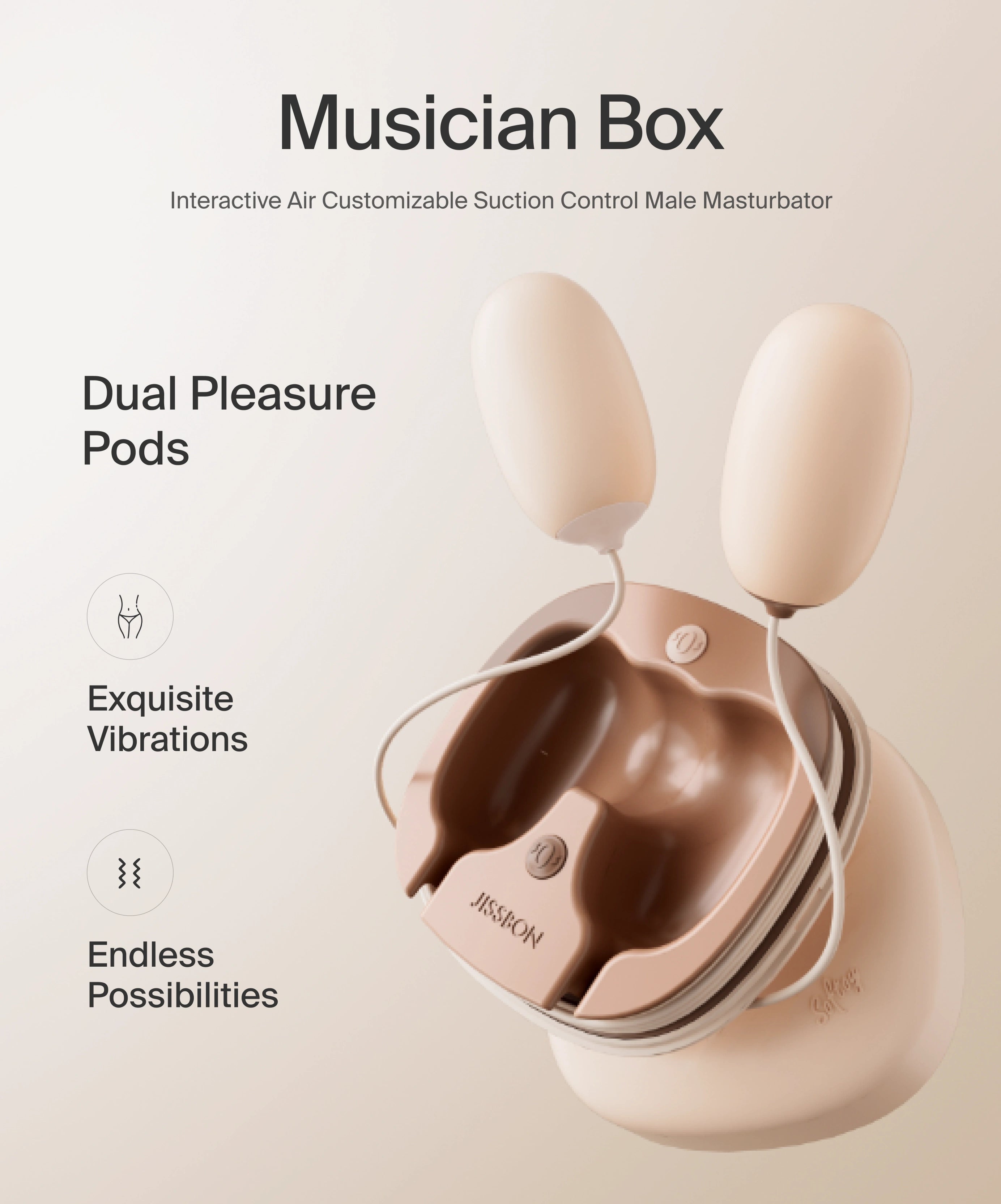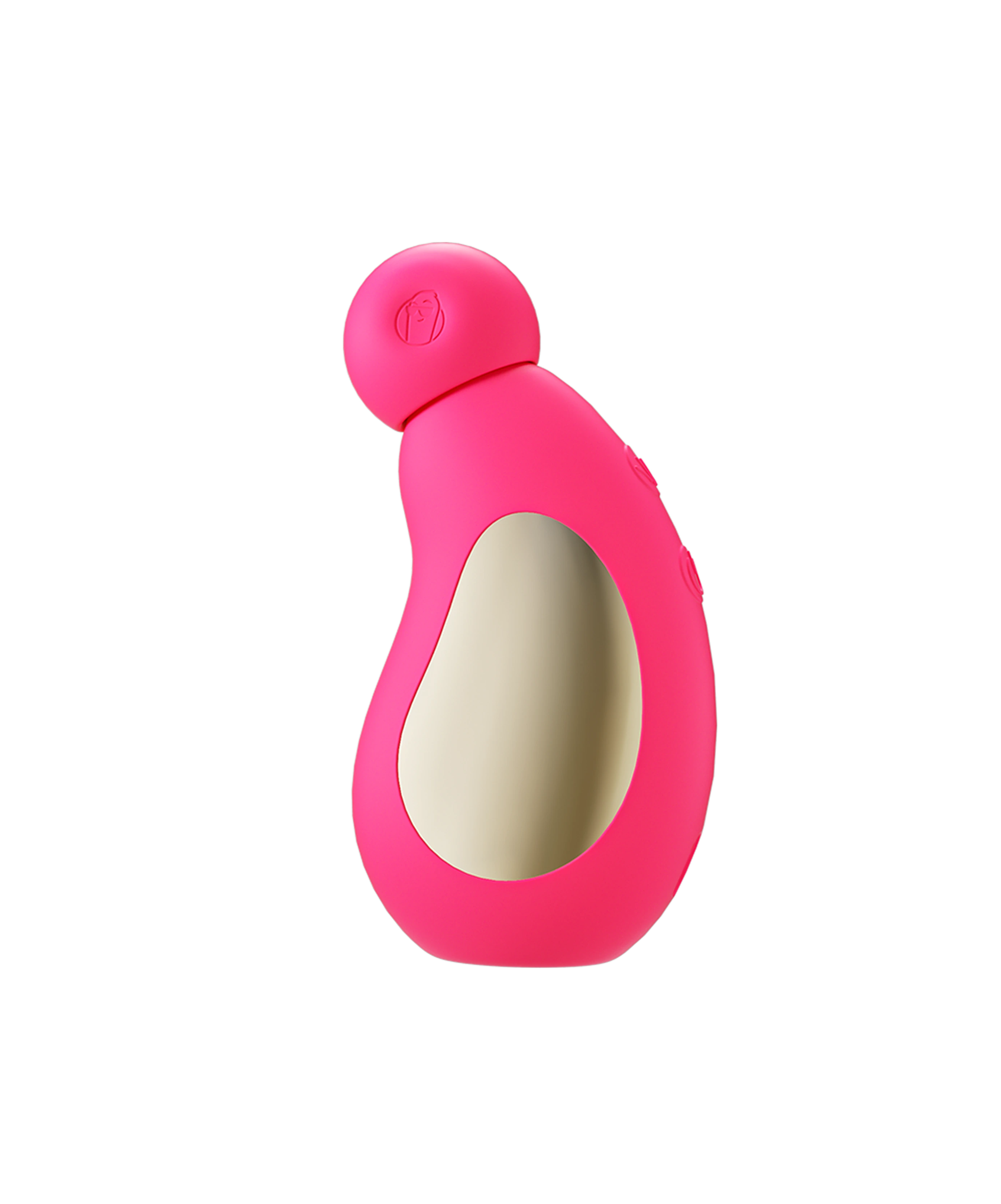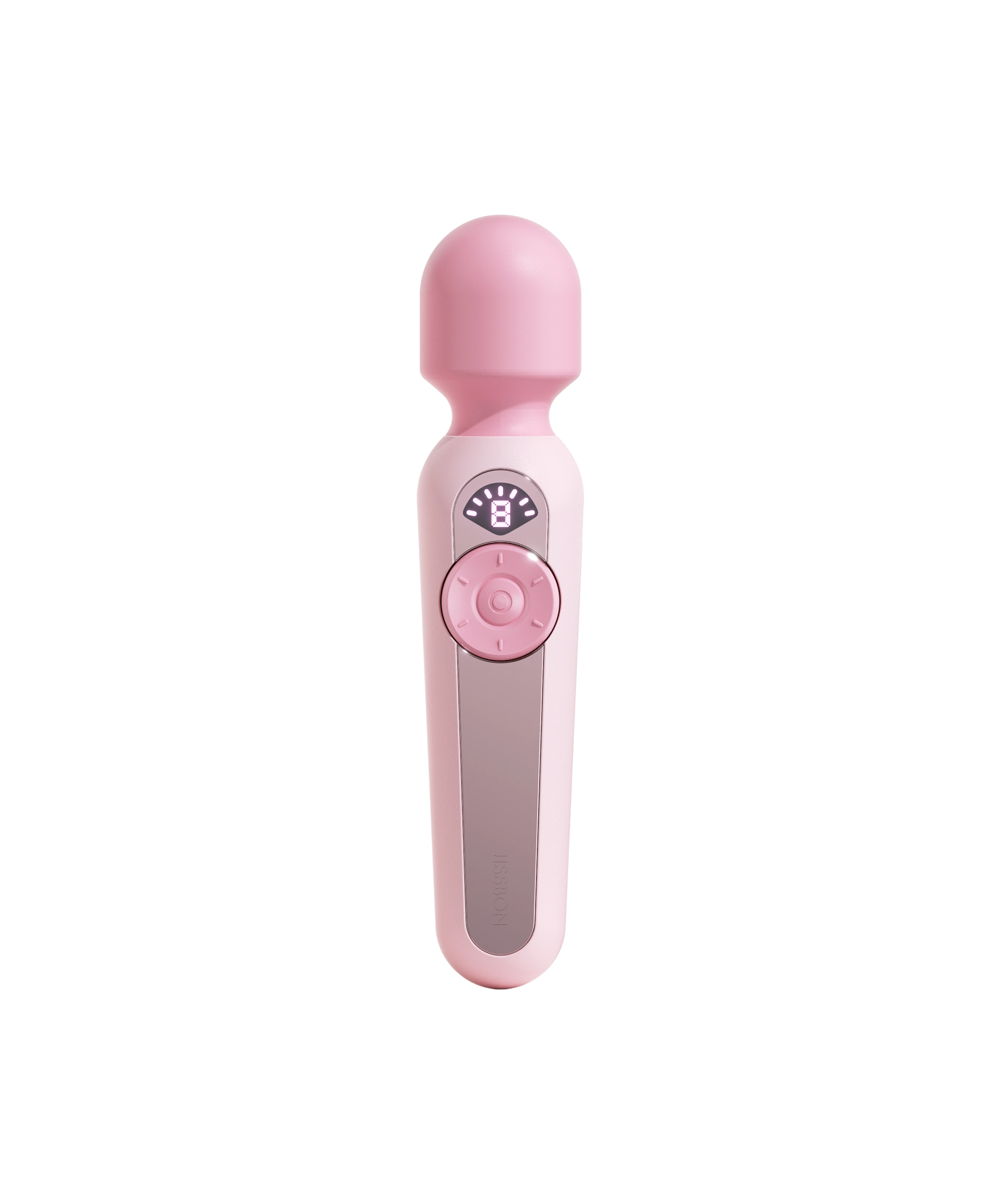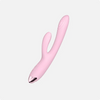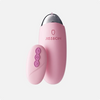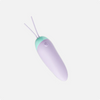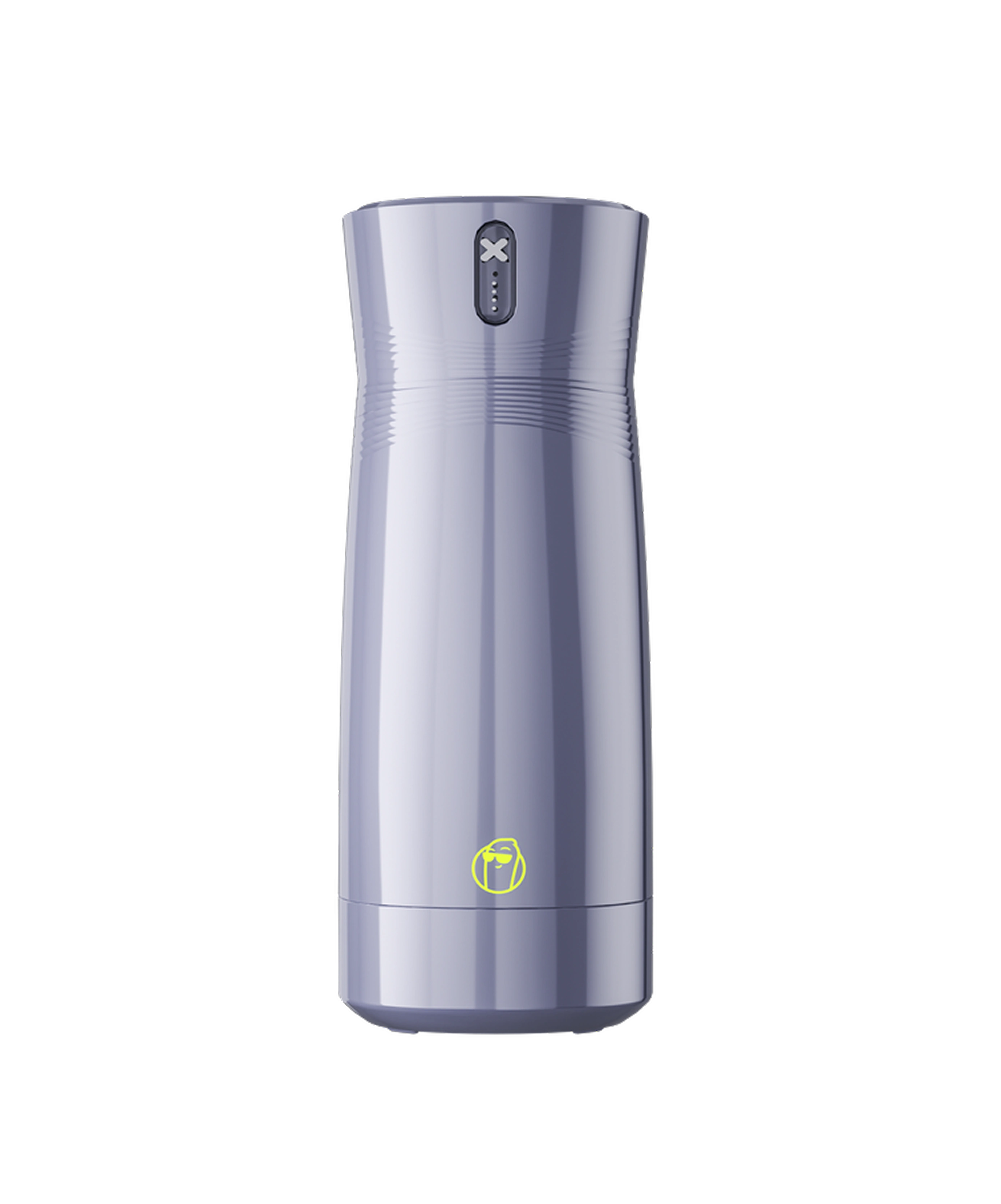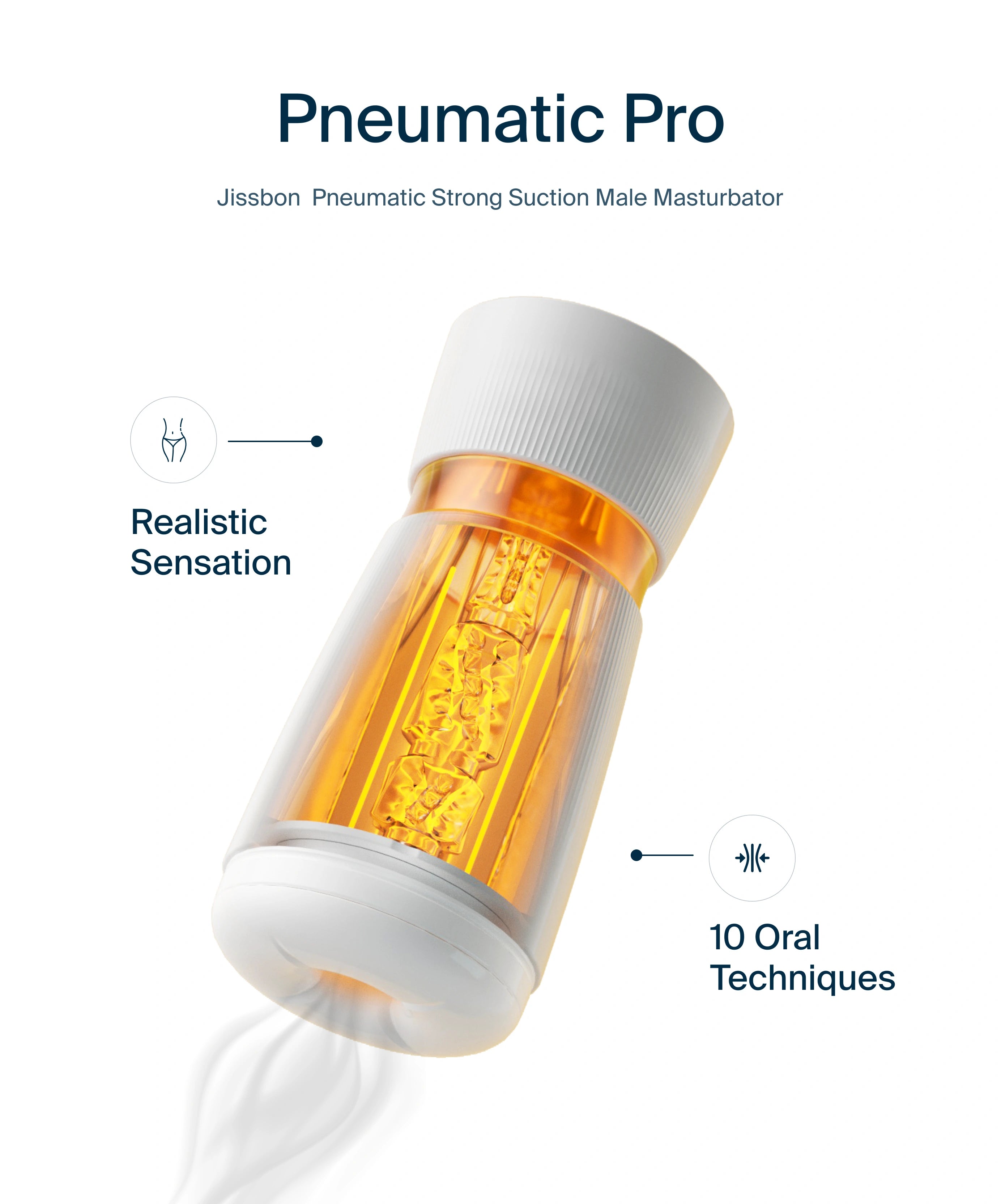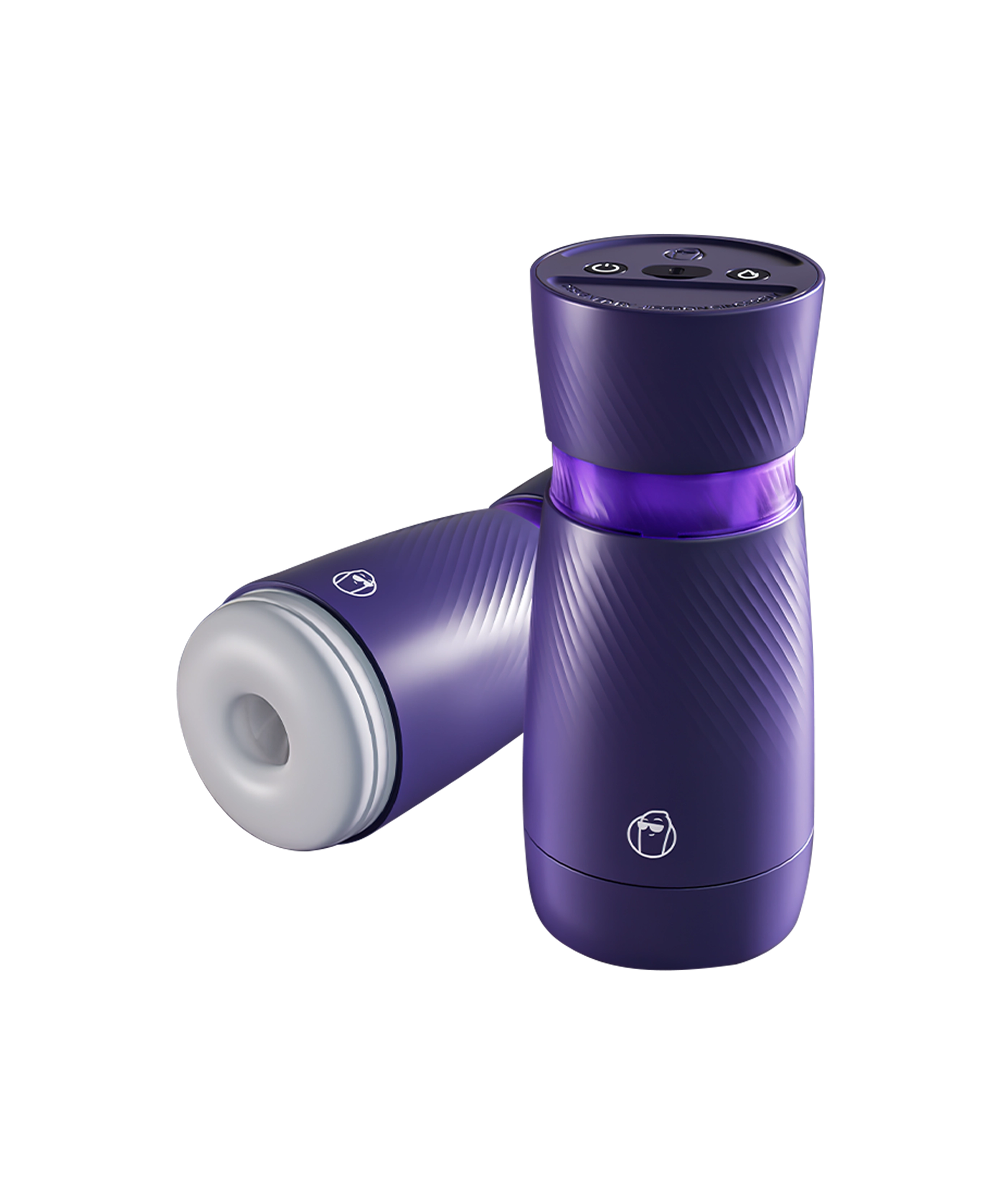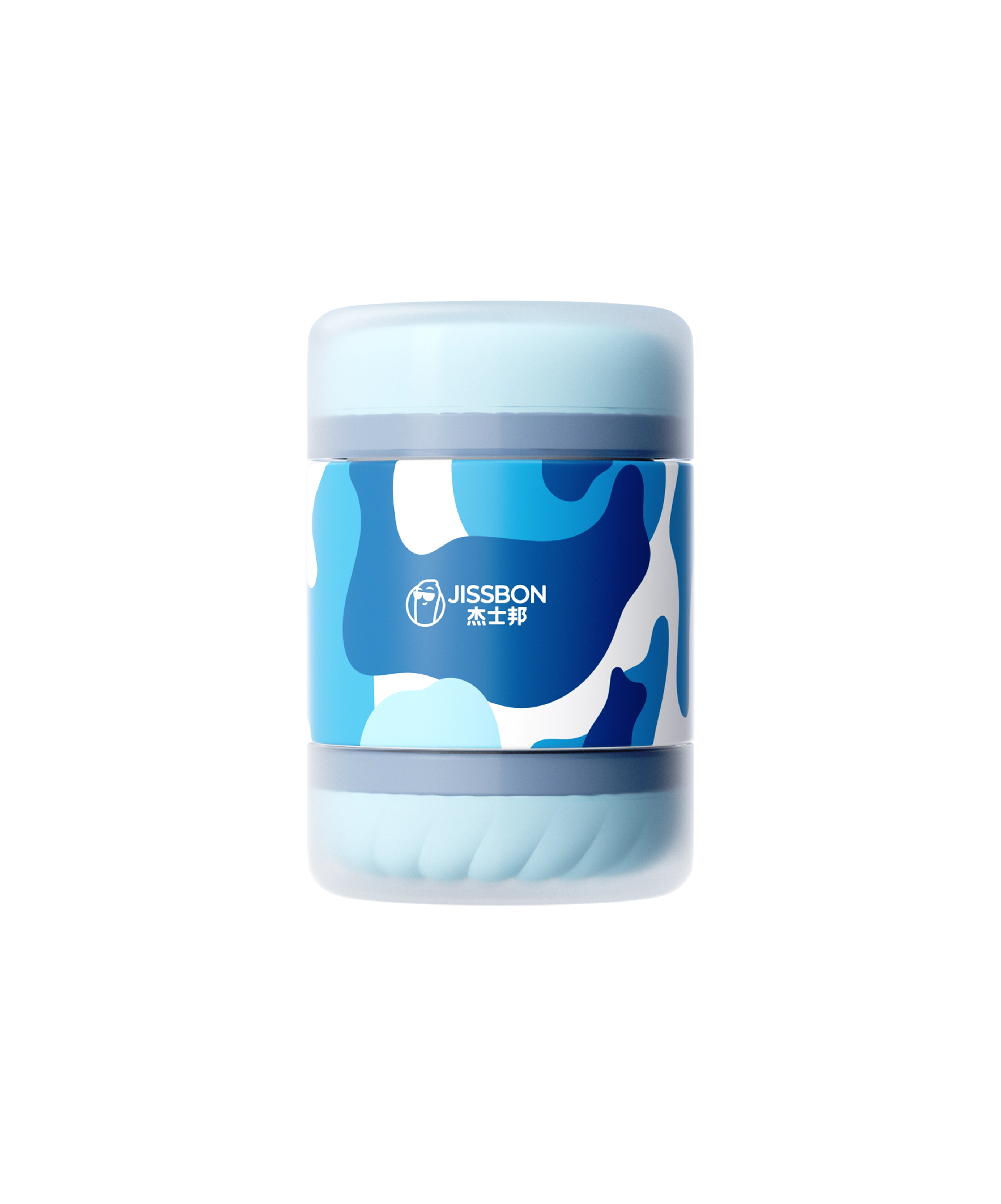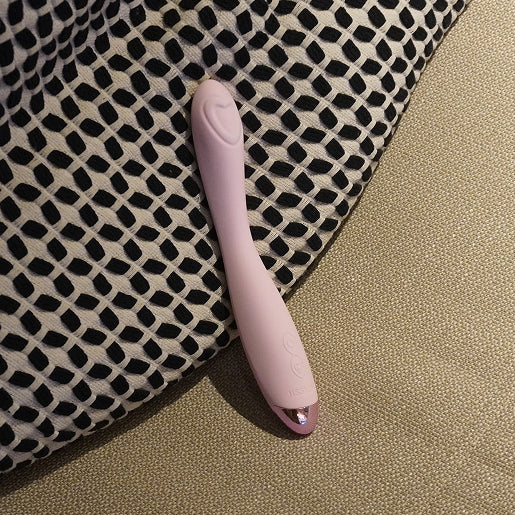When most of us make a “wellness” checklist, we’ll jot down meditation apps, bubble baths, maybe a 10‑minute gratitude journal. Rarely does anyone scribble “mindful oral love” next to hydration reminders—and honestly, that’s a missed opportunity. Healthy pleasure lights up stress‑easing neurotransmitters, nurtures connection, and can even lower resting heart rate.
I’ve noticed that when people give themselves permission to explore conscious touch (solo or partnered) they show up calmer, kinder, and more present in everything else they do.
So let’s shake up the self‑care menu and look at where the blowjob came from, how attitudes shifted, and why that history matters for your mental health today.
Ancient Origins: Myths, Magic, and Early Medicine
Long before vanilla‑scented candles, oral love appeared in creation stories. One of the oldest tells us that the goddess Isis revived Osiris by “re‑membering” his body and—according to the papyri—breathing life into his missing phallus with her mouth. Scholars read the scene as symbolic resurrection and cosmic intimacy, proof that the mouth‑genital connection held deep spiritual weight in ancient Egypt.
Over in early Chinese Taoist texts, semen was considered precious “yang essence.” Manuals advised gentle “sucking techniques” so partners could recycle life force and prolong vitality. From what I’ve seen, these guides read less like steamy how‑tos and more like wellness workbooks: conserve energy, harmonize yin and yang, live longer.
Anthropologists also describe rites among Papua New Guinea’s Sambia in which adolescent boys performed fellatio on elders as an initiation to absorb strength. While not a model for modern consent, it shows oral contact once carried communal, even medicinal, symbolism rather than secrecy.
Classical Curiosity: Greece, Rome, and Etymology
Greek pottery frequently painted erotic play, and Roman poetry riffed on every possible pleasure—yet they still debated etiquette. Some philosophers claimed that using the mouth for anything but speech blurred noble and base instincts.
The Latin verb fellāre (“to suck”) eventually produced the noun fellatio, first documented in English in 1894. Knowing the root reminds me that words evolve just like attitudes—what felt unutterable in one era becomes dictionary‑standard in another.
Middle Ages to Victorian Morality: From Whisper to Taboo

Medieval Europe largely folded oral practices into sin rhetoric; bodily fluids were thought to divert spiritual focus. Fast‑forward to the 19th‑century Victorian scene and we meet an almost comical double standard. Respectable wives were advised to avoid “mouthing the male body,” while high‑end brothels quietly marketed the act as an exotic (and pricey) specialty. Society’s message? Desire exists—but keep it hidden.
A reprinted 1894 guide even labeled oral pleasure “revolting,” warning women that “most men are perverted if given the chance.” Reading that now feels absurd, yet those shaming echoes still linger in modern self‑talk.
The 20th‑Century Turning Point: Science Meets Counter‑Culture
Everything changed when Alfred Kinsey’s landmark reports (1948 & 1953) pulled sexuality out of the shadows. Kinsey found that nearly half of U.S. adults had tried oral sex, puncturing the myth that “nice people don’t.
By the 1960s sexual revolution, magazines and medical journals alike normalized mouth‑genital pleasure as a legitimate expression of intimacy. Historians note that the act migrated from “fringe” to mainstream foreplay within a few decades. That normalization arc is crucial: it shows how data plus open conversation can dismantle stigma.
21st‑Century Reality: Prevalence, Consent, and Wellness
Global surveys across 26 countries now suggest roughly 38 % of adults have engaged in oral sex at least once—a figure still climbing.
Contemporary research links giving or receiving oral stimulation with higher relationship satisfaction and individual well‑being, especially when partners discuss boundaries openly.
Beyond romance, broader studies on sexual expression show benefits that mirror aerobic exercise: lowered cortisol, boosted self‑esteem, better sleep, and reduced anxiety.
Mental‑Health Takeaways (and Gentle Precautions)
- Stress relief – Orgasms, oral‑induced or otherwise, release oxytocin and prolactin, hormones known to calm the nervous system.
- Body confidence – Practicing mindful, non‑judgmental touch (solo or partnered) helps rewrite negative body scripts.
- Communication muscles – Asking “does this feel good?” nurtures assertiveness and empathy—skills that ripple into daily life.
- HPV awareness – Throat‑cancer cases linked to oral transmission are rising, especially in men. Vaccination and barrier use (flavored condoms, dental dams) keep wellness front‑and‑center.
Where Does Solo Play Fit In?
Plenty of folks crave oral sensations but don’t always have a consenting partner on call. That’s where modern pleasure tech shines. Sleeve‑style toys can mimic tongue and suction patterns, letting you explore pressure preferences before sharing pointers with a partner. I often recommend browsing the Male Masturbators if you’re curious; textured channels and adjustable suction create a mouth‑like feel without relying on another person’s availability—perfect for stress‑relief breaks between Zoom marathons.
Practical Tips to Make Oral Pleasure a Mindful Ritual
|
Mindful Step |
Why It Helps Your Brain + Body |
Quick How‑To |
|
Set intention |
Focusing on a wellness goal (relaxation, connection) primes the parasympathetic nervous system. |
Breathe together for 60 seconds; name how you want to feel when you’re done. |
|
Use all senses |
Engaging taste, scent, and sound deepens presence, reducing racing thoughts. |
Light a favorite candle, cue a slow playlist, keep water nearby to stay hydrated. |
|
Slow start, slow finish |
Gradual arousal stretches the pleasure crescendo, extending dopamine reward. |
Trace kisses along inner thighs or toy edges before direct contact; end with cuddles or solo grounding touch. |
|
Check‑ins, not performance checks |
Verbal feedback lowers anxiety and boosts satisfaction. |
Try friendly prompts like “more of that swirl?” instead of “did you finish yet?” |
Frequently Asked Questions:
Can I Have a Blowjob?
Search engines log thousands of variations on can I have a blowjob every month. Underneath that blunt wording lives a deeper ask: “Am I allowed to seek pleasure without guilt?” The history we’ve just travelled shows society’s answer shifting from sacred ritual to taboo to wellness practice. So yes—you can pursue that pleasure, provided consent, care, and communication guide the journey.
Integrating Products Without Losing the Human Touch

If oral stimulation feels tricky because of jaw tension, disability, or simple curiosity, tech can supplement—not replace—the human element. A sleeve with gentle suction lets one partner rest while the other still receives warm, enveloping contact. Swapping in a toy can also lower anxiety for couples exploring power dynamics (“May I watch you?”). You’ll find discreet options like the soft‑touch Suction‑Pulse series that rinse clean and charge quietly—ideal for roommates‑or‑kids‑in‑the‑next‑room lifestyles.
From Ancient Altars to Modern Bedrooms—Why History Matters
Tracing the arc from Isis’ mythic revival to Kinsey’s clipboards to your own nightstand shows one unbroken thread: pleasure has always been a human need. Cultures layer meanings—ritual, duty, shame, or liberation—but the core remains neurological nourishment. When we reclaim that lineage, we also reclaim a self‑care tool that costs nothing, requires minimal gear, and folds effortlessly into holistic wellness plans.
Your Action Plan
- Reflect – Journal two assumptions you inherited about oral sex. Are they still serving your mental health?
- Educate – Share this article with a partner or friend to spark shame‑free conversation.
- Experiment – Schedule a “mindful pleasure” session—solo or partnered—and apply one tip from section 9.
- Protect – If you’re sexually active with partners, consider HPV vaccination and keep flavored barriers on hand.
- Resource‑up – Browse anatomy‑positive books or vetted toy retailers (start with Jissbon) to stay inspired.
The Empowered Takeaway
Wellness isn’t confined to green smoothies and yoga mats. Oral pleasure—whether gifted, received, or practiced solo—can be a meditation, a stress‑buster, even a relationship tune‑up. History shows it survived temples, puritan pulpits, and 20th‑century censorship to land here in your browser as a legitimate self‑care strategy.
So light that candle, grab a soft sleeve if you like, and let mindful mouths (or their high‑tech cousins) lead you back to calm. Your nervous system will thank you, and honestly, that’s the most underrated wellness win of all.
The Colorful Detours History Forgot to Mention
While the major cultural arcs shaped attitudes toward oral pleasure, there are a few curious, colorful moments that deserve their own spotlight. These aren’t just trivia—they're reminders that sex, humor, power, and politics have always been intimately intertwined.
Pompeii’s Graffiti and the Legacy of “Myrtis”
When Mount Vesuvius erupted in 79 AD, it didn’t just freeze Pompeii in ash—it also preserved one of the most candid glimpses into ancient erotic life. Across brothel walls, bathhouse murals, and graffiti-scrawled alleyways, archaeologists uncovered scenes of all kinds of pleasure, including oral play. One name appears multiple times: Myrtis. She was likely a sex worker, and based on the etchings, quite skilled—one scribble even boasts about her mouth being “divine.”
What I find striking is how normalized it all was. These weren't scandalous scribbles hidden away—they were advertisements, declarations, even jokes. For the Romans, oral intimacy wasn’t taboo; it was part of daily life. Seeing those walls tells us that pleasure, when celebrated openly, creates connection—not shame.
The French President Who Died in Ecstasy
In 1899, France’s President Félix Faure died during an intimate moment with his mistress. According to long-whispered reports, the cause was—yes—an oral encounter. The press at the time went wild with puns. One especially cheeky line read: “He wished to live like Caesar, but died like Pompey.” If you speak French, the joke hits harder—pomper means “to suck.”
Beyond the scandal, it’s a powerful example of how oral pleasure wasn't just happening in bedrooms. It influenced political gossip, humor, and even national conversations about morality and leadership. And it proves that no matter how prestigious the role, pleasure finds a way to crash the party.
From Clinical Terms to Slang We Still Use
The word fellatio has Latin roots (fellare = to suck), but it wasn’t commonly used until sex researcher Havelock Ellis coined it in 1894. He also introduced the terms fellator and fellatrix, which sound more like Hogwarts spells than acts of affection, to be honest.
As for the more familiar slang—“blowjob”—its origins are a little murky. It popped up in 1940s pulp fiction, possibly adapted from jazz-era slang like “blow your horn,” where “blow” meant to perform with passion or energy. The term stuck, even though it’s not technically accurate (no one’s actually blowing). Still, I love how language evolves. Sometimes a word becomes popular just because it feels a little daring to say out loud.
Deep Throat: The Movie That Changed Everything

Let’s talk about Deep Throat—the 1972 adult film that sent shockwaves through culture. Despite its low-budget roots, it became a box office phenomenon. Why? Because it dared to spotlight oral sex as not just foreplay, but a legitimate centerpiece of pleasure.
The movie was so culturally loud that even the Watergate scandal borrowed its name: the anonymous informant who helped take down Nixon was dubbed “Deep Throat.” Suddenly, oral sex wasn’t just something whispered about—it was tied to political intrigue, media headlines, and Saturday Night Live sketches.
For better or worse, this moment helped shift blowjobs from taboo to talking point. And with that cultural attention came more freedom for people to explore on their own terms—without judgment.
Why This History Still Matters for Your Wellness
These quirky, outrageous moments—from Pompeii’s murals to a president’s last breath—aren’t just stories. They remind us that pleasure has always had a place in human history, even if society tries to suppress or sanitize it. Every mural, slang word, and scandal is proof that oral love isn't new, dirty, or wrong—it’s deeply human.
And honestly? Acknowledging that lineage gives us power. It lets us release guilt, reclaim joy, and explore intimacy not as something to hide—but as something to embrace for our mental, emotional, and relational health.
If you’re someone who’s ever asked yourself, “Is it okay to want this?”—know that for thousands of years, people have answered yes. Sometimes in murals, sometimes in headlines, sometimes in private. And now, maybe, in your own self-care practice.
Read more

I’m a big fan of steamy showers as a five‑minute “reset” button. Honestly, nothing unclogs a foggy brain faster than hot water and a hit of lavender soap. So it’s natural to wonder: Could I bring m...

Bubble baths and bedtime tea are lovely, but they’re not the whole picture. True self‑care includes protecting the tools that help you feel grounded, joyful, and—yes—turned on. Honestly, the simple...

